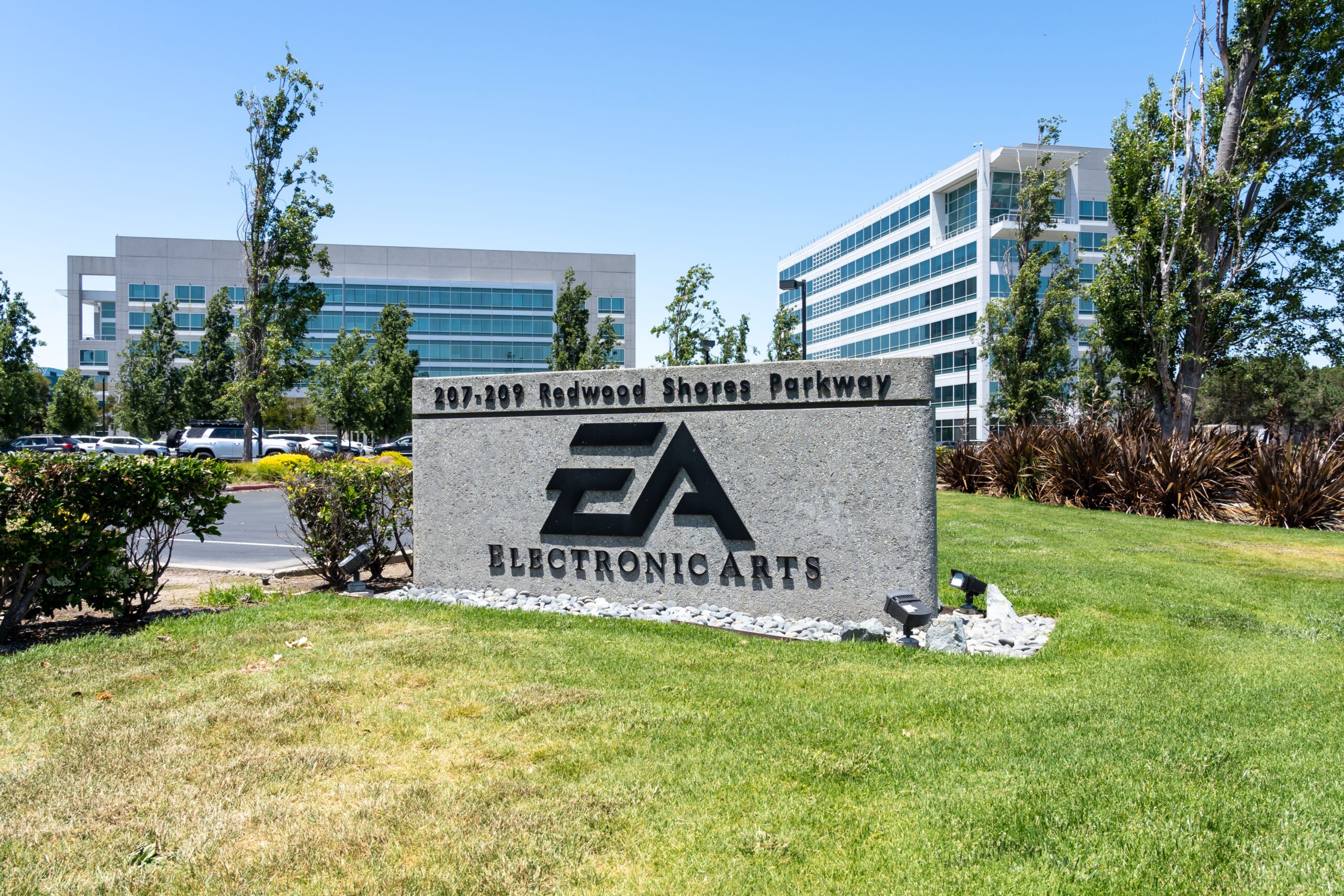EA Acquisition And How the $55 Billion Deal Could Reshape The industry
In a landmark transaction that has sent ripples through the gaming industry, Electronic Arts announced an agreement to be acquired in a $55 billion all-cash deal led by a consortium that includes Saudi Arabia’s Public Investment Fund, Silver Lake, and Affinity Partners. The acquisition, which would take EA private and delist its shares, will leave the company holding a multibillion-dollar debt load and shift its governance away from public markets. For EA, going private provides more strategic flexibility; for creators and players, it raises immediate questions about the future of beloved franchises and studio operations. EA’s press release and multiple news reports outline the broad contours of the deal.
The announcement prompted swift reactions from content creators, gaming communities, market analysts, and players who depend on EA franchises for entertainment and livelihood. Many asked how the change in ownership will affect marquee franchises such as The Sims 4, Apex Legends, and EA’s long-running sports roster, and whether projects currently in development will be reprioritized under new financial pressures. Industry commentary and community threads quickly framed the acquisition as a turning point in the consolidation of gaming as a mainstream media asset. Coverage from multiple outlets details the acquisition and the potential consequences. Reuters’ reporting provided early context on the deal and the company’s future slate.
Creator and Community Reaction
Within hours of the news, creators and fans voiced a mixture of anxiety and cautious optimism across social platforms. Sims creators and modders raised concerns about ethical and reputational implications of working with EA under new ownership, with community threads debating whether collaborations or sponsored content will continue unchanged. On Reddit and in comment sections, users debated whether a privately held EA could experiment more boldly away from quarterly earnings pressure or, conversely, become more aggressive in monetization to service debt and satisfy investors.
Analysts also flagged financial risk: the acquisition is expected to leave the company with substantial leverage, and observers noted that a higher debt load can constrain long-term creativity by increasing the pressure for immediate returns. Industry outlets reported that the deal’s leveraged nature makes cost control and revenue optimization likely priorities for the new owners. Detailed analysis in gaming trade coverage explores how the balance between investor returns and creative freedom will shape EA’s next moves. Coverage from specialist sites has already outlined the scale of debt and the types of corporate decisions such leverage tends to produce.
What This Could Mean for The Sims 4
The Sims 4 has developed into a vibrant platform with a dedicated creator economy built on expansions, mods, and community content. Some members of the Sims community have signaled unease at the prospect of working more closely with a company controlled by an investment consortium that may prioritize short-term revenue gains. Concerns include potential restrictions on modding, more aggressive microtransaction strategies, or changes to expansion release cadence. At the same time, going private may free EA to experiment with new features or subscription models without immediate public backlash, enabling investment in longer-term development cycles.
Apex Legends and Live Service Strategy
Apex Legends, as one of EA’s most successful live-service titles, sits under particular scrutiny because its revenue model depends heavily on in-game monetization and regular seasonal content. Industry observers expect that high-performing franchises will remain priorities, and that Apex is likely to retain significant investment. However, under a leveraged buyout, teams may face pressure to maximize short-term returns through tighter monetization, faster seasonal cadence, or bundled partnerships that accelerate revenue. Developers and community leaders are already speculating about whether experimental modes or big-bet features could be deprioritized in favor of proven revenue streams.
EA Sports, Licensed Franchises and Annual Releases
EA’s sports franchises, including EA Sports FC and Madden NFL, constitute predictable revenue engines with loyal annual audiences. These properties may serve as financial stabilizers for the new owners, who could rely on their steady cash flows while optimizing costs elsewhere. At the same time, the new ownership might push further into technological differentiation — for instance, deeper use of player-tracking data and AI-driven realism — as a way to maintain pricing power. Reports of EA’s earlier investments in sports analytics and realism technology suggest a roadmap that new owners may choose to accelerate or monetize more aggressively.
Announced Projects and the Development Pipeline
EA’s development slate for 2025 and 2026 includes multiple high-profile projects. Under new ownership, prioritization is likely to favor titles with clear monetization pathways and shorter time-to-market. As a result, smaller or experimental projects that lack a clear revenue profile could face delays, restructuring, or cancellation. Some analysts draw parallels to past industry acquisitions where consolidation led to studio mergers, staff reallocations, and an emphasis on tier-one franchises. Coverage summarizing EA’s announced slate and analyst commentary helps frame which projects are more at risk and which are likely to continue receiving investment.
EA Acquisition Industry-Wide Implications
EA’s leveraged buyout marks a major moment in gaming industry consolidation and signals continued interest from sovereign wealth funds and private equity in entertainment properties. Observers note that the deal may set precedents for how large publishers are valued and managed when removed from public markets. If the acquisition succeeds and EA balances financial discipline with creative investment, it could become a model for long-term, privately held media companies. If, however, the company tightens budgets too severely, the deal may lead to talent attrition, diminished innovation, and reputational harm — outcomes that would reverberate across the broader industry.
Balancing Debt, Creativity and Community Trust
The acquisition’s fate will hinge on EA’s ability to deliver on ambitious content plans while managing a significantly higher capital burden. The deal offers potential advantages, such as escape from quarterly pressures and the capacity for longer-term R&D; it also raises risks from leverage that tends to prioritize immediate revenue. For creators and fans, the near-term signals will matter most: whether EA preserves studio autonomy, honors creator partnerships, and maintains fair monetization practices for games like The Sims 4 and Apex Legends. The company has time before the transaction closes to articulate governance and operational plans that reassure communities and partners.
For further reading and primary sources on the acquisition and industry reaction, see EA’s official announcement and coverage from major outlets reporting on the deal and its implications. Reporting and analysis from multiple reputable sources provide additional perspective on the acquisition’s scope and likely market effects.

